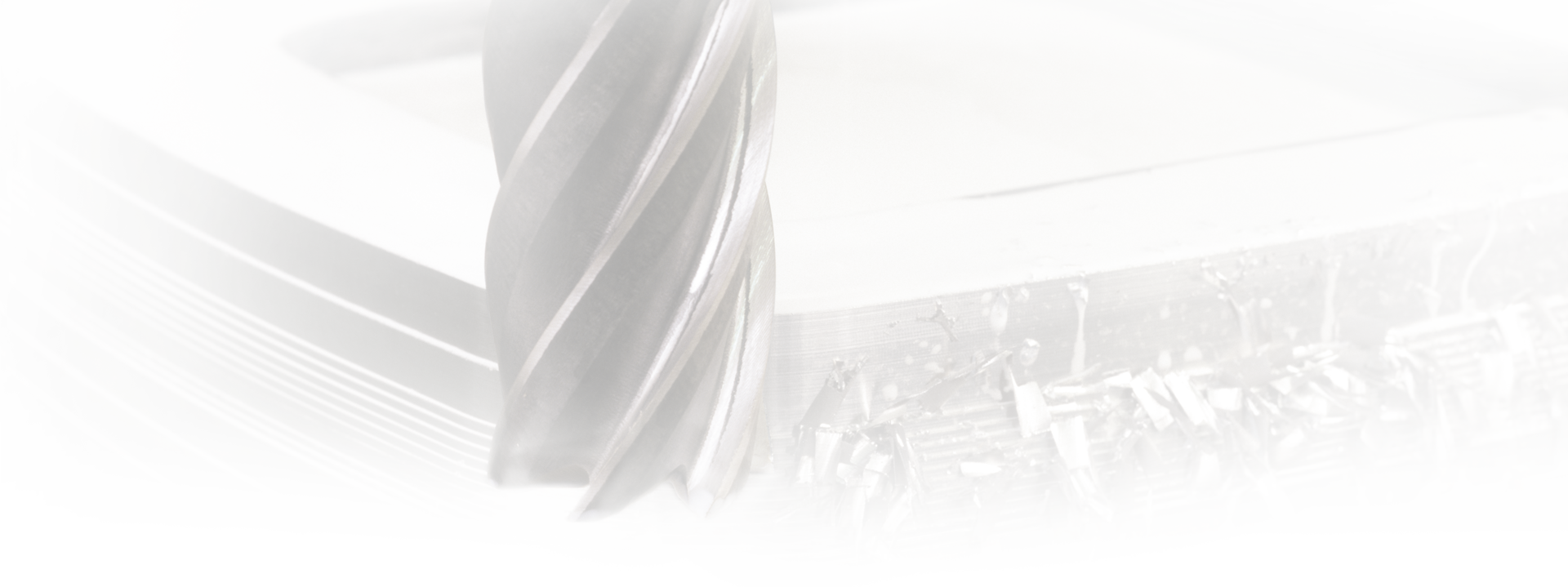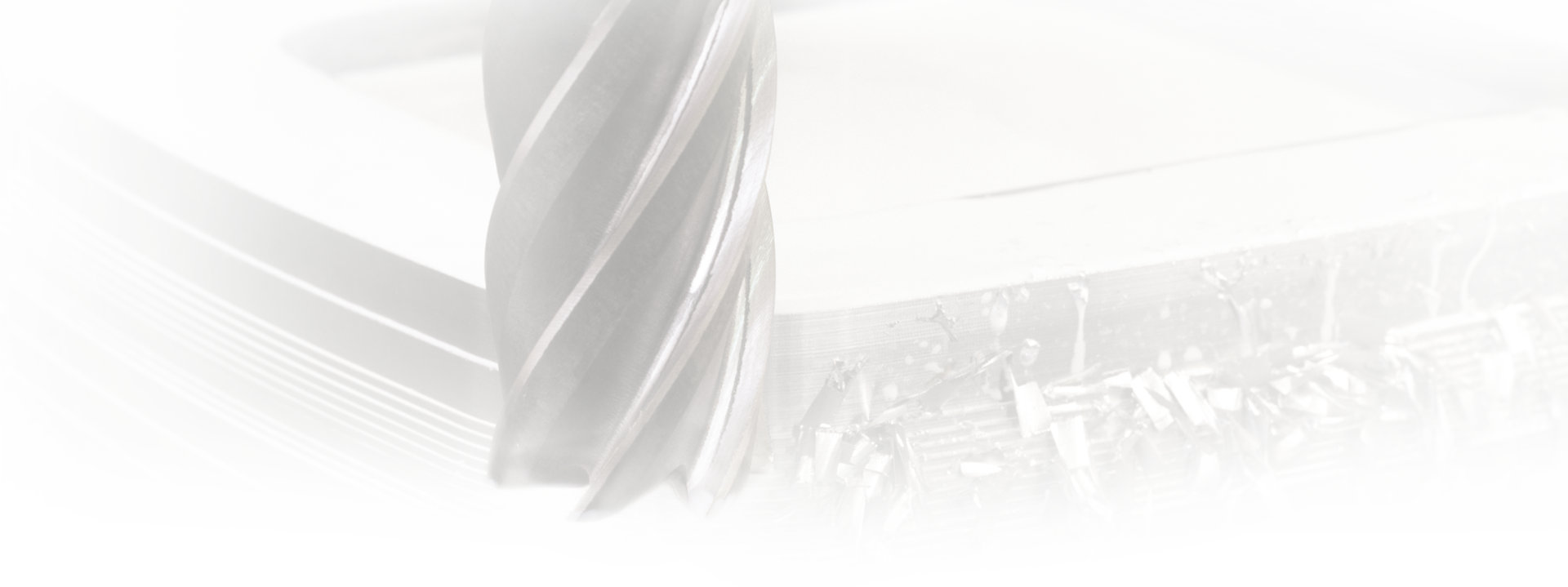-
Posts
1,530 -
Joined
-
Last visited
-
Days Won
2
Content Type
Profiles
Forums
Downloads
Store
eMastercam Wiki
Blogs
Gallery
Events
Everything posted by Bruce Caulley
-

Vice on lathe turret for secondary ops
Bruce Caulley replied to Bruce Caulley's topic in Industrial Forum
Just found a small Spreitzer pneumatic vice that could be easily modified to fit a turret and be driven from coolant pressure. YAY! -
Ahoy! I haven't posted in the industrial side of the forum in ages! Hoping someone knows of something that can help with a project I'm working on: The scenario is a multitasking lathe with lower turret. What would make this a totally complete component would be to somehow have a workholding option on the lower turret that could grip the part while the last features are machined. Sub-spindle isn't an option as it is already doing some gripping/support half way through. Imagine a small vice that bolts to the turret in place of a tool block. Actuation could be by coolant pressure to drive the jaw? Hydraulic pump powered by the live tool motor? Is there such a thing? Or am I going to have to allow to design and make something? This op is very light milling only so not a lot of force necessary. Cheers Bruce
-
Ahoy! The things we forget...... We have a subspindle lathe and the operator wants to use a centre in the sub spindle. The workshop have asked me and I have completely forgotten the correct code for the torque skip and synchronisation of the B axis and sub/main. Control is a brand new fanuc i-series with ez-guide. Any help appreciated. Thanks Bruce
-
Ahoy! I am so rusty..... Operator here has a simple programme on the borer that uses some B moves. When rapiding from B40 to B20 the machine is trying to do a lap of the block rather than just reverse 20 degrees. Control is a Fanuc Oi, and from memory there is a parameter that determines either shortest distance or positive only rapids. It's been years since I've been running a machine or programming. Any help appreciated. Cheers Bruce
-
I'll clarify: A "normal" programme will run, any programme with any i-guide generated cycles doesn't get past the tool change. Bruce
-
Tim, That T0 isn't a tool call. It's one of the "thickness" parameters in the cycle that was spat out through the conversational menu. I am confident the cycle is ok, I think it is something with the way the controller is reading the "new fanuc" in auto mode. I owned a few machines with this control in the past and remember an issue with toolchanging between running it normal and through the i-guide, but can't remember what it was. Was fixed with a parameter though. Not sure if this is the same problem or not. In the header I have the usual G54G90G17 etc, and a standard tool call. I even tried a few different variations and ended up with the error in the second pic above. I suspect the tool change programme 9001 might be the culprit, though. Single blocking through it makes it to the M5. In standard programme run it is the same, but I can do a simple G81 call and it works fine. Stick in a conversational cycle and it won't even do the tool change. :headscratch: Bruce
-
Ahoy! It has been several years since I have run a machine, but I need to jump back in the saddle for one job to help the company out. We have a new (used) machine arrive and the first attempt at running a programme using the conversational side has came to a screaming halt. I hope it is just an oversight on my part, but here's the problem: Looking at the pic below you can see I am getting an error on the toolchange programme when simulating/executing a simple pocket cycle. Here's the error: Here's the cycle (ignore the error in this pic): I have tried different header formats etc, etc, and the tool and cycle definition is correct (as far as I can see, but it has been a while...). What am I missing?? Oh, and no CAM software here so it needs to be programmed at the control. Thanks Bruce
-
Ahoy, I haven't been involved that much in the machining game for a few years and as such haven't been keeping up with the latest and greatest technology. It used to be part of my job to monitor what the tooling companies were up to and take advantage where I could. The company I am at now has just bought a large 50 taper VMC and I have been asked to recommend some tooling for it. I usually resort to Iscar, with a little Mitsubishi thrown in, but a few years ago I started to have some surprising results from some Kyocera products. I never did explore their range fully to see just what they had to offer, but where an insert was recommended by the rep as being suitable it usually out performed other bigger names. Having said that their "generic" grades were pretty ordinary. The company is leaning towards Iscar, but the Kyocera rep, who also sells other stuff to this company, wants a chance to get the gig. (I have known both the Iscar and Kyocera reps for years and they both bend over backwards to help so I can't separate them on service) The machine will only be cutting mild steels and BIS wear plate in small runs of medium sized parts. Nothing exotic or complicated, but we will be aiming to blitz what gets done. I guess this is a long way of asking: Is anyone else using Kyocera and having good results? Thanks Bruce
-
I've had it do just that. Same hole diameter, same drill, two different holes, same depth. I think it was a 10mm hole 260mmish deep. I had to use two different drills since as soon as the drill doing the hole close to the wall started to dull it wandered and broke through (50 or so holes) The one with plenty of material around it lasted several hundred holes. I checked all the usual suspects, TIR, holders, tapers backlash etc and am certain it wasn't the machine or holders. The job finished before I had a chance to see if clamping it so the thin wall was firm against the fixturing gave a bit of support or not. Chers Bruce
-
Ahoy, I have a part that has a 3.2mm hole 70mm deep that will leave only 1mm of material in the wall next to the hole. Material is 4140 at approx 40Rc and I will be using a through coolant carbide drill. If this section of wall is not supported by fixturing, what are my odds of keeping the hole straight without breaking out the side? Job is only being planned at the moment, and I don't want to commit to a process that is doomed to fail. Cheers Bruce
-

Rotary broaching question.
Bruce Caulley replied to Bruce Caulley's topic in Machining, Tools, Cutting & Probing
David, Doh! Sometimes the obvious is right in front of you, thanks for that! Polygon, The post and dog was the method I had in mind. thanks Bruce -

Rotary broaching question.
Bruce Caulley replied to Bruce Caulley's topic in Machining, Tools, Cutting & Probing
David, I was thinking of using an allignment bar for that. One of the supplier websites shows how to do that, can 't remember which one. I just wonder how stable the "wobble" will be if the tool isn't loaded up evenly. It might be a good idea to email a supplier direct and see what they say. cheers Bruce -
Ahoy! I am curious to know if a rotary broach needs full engagement to operate correctly. The application I am thinking of is squaring out one end of a slot. If the slot is 10mm x 20mm could I in theory use a 10x10 rotary broach to square off one of the ends? Thanks Bruce
-
Hi James. :waving: Bruce
-

How can I convert a model from metric to inch?
Bruce Caulley replied to powerfulp's topic in Industrial Forum
Pop it in a time machine and rewind 200 years..... -

Is it possible to drill 0.16mm hole 1.6mm deep on HAAS VF2?
Bruce Caulley replied to CNC-ERIC's topic in Industrial Forum
The runout of the spindle and tool may be more than a drill that small can handle. What are you holding it with? For a tool that small I would use an integral BIG baby chuck and check the runout of the tool body with a micron clock. Even 5 microns runout is a big number as a percentage of the tool diameter. Bruce -
Not for a few years, but I know of a couple. Bruce
-

Going to IMTS? Want to pass some time?
Bruce Caulley replied to Ron Branch @ 5th Axis's topic in Industrial Forum
Definately the way of the future. I had a drawing years ago done by one of the big US aerospace firms that was six A1 pages absolutely covered with dimensions and GDT. The CMM programmer almost had an aneurysm sorting it out. There were probably only half a dozen critical dimensions on the whole part when it all boiled down. Bruce -
A good roll tap and the coolant percentage set at max should be fine. It may be the machine though. I had a 50 taper machine once that the smaller taps needed a floating chuck even though a rigid cycle was being used. HTH Bruce
-

Preferred method for checking threads
Bruce Caulley replied to Larry1958's topic in Industrial Forum
I always like thread mics for simplicity, BUT, if the thread was functional or tight tolerance in any other way I would check the mic on a calibrated male gauge of known PD rather than just zeroing it. This way when I did compare using wires I very rarely had a discrepancy. Having said that a QC dept should be going for accuracy and repeatability over ease of use. If their mics aren't matching wires then they have a problem. Bruce -

Heat affecting accuracy
Bruce Caulley replied to rickcact's topic in Machining, Tools, Cutting & Probing
Why not look at putting AC just inside this particular machine? Cheaper than doing the whole workshop. Bruce -

MasterCam for Solidworks
Bruce Caulley replied to Kel61's topic in Machining, Tools, Cutting & Probing
Welcome, Where abouts are you at in QLD? Bruce -
What?, there are actually people who think making round stuff rounder is hard? Bruce
-
I know DMG have some reliability issues at times, but in the situation you are describing I would recommend a DMU50 with the Heidi TNC control. If I personally had to spend money on a small prototype machine that is the one I would buy. They are easy to use and the conversational control allows you to do almost anything without wandering back to the office to programme and post from a CAM system. If you are on a budget, then a HAAS (shiver) with a trunnion might be an option. Surely the second hand market will have something that you could make use of also. HTH Bruce
Join us!
eMastercam - your online source for all things Mastercam.
Together, we are the strongest Mastercam community on the web with over 56,000 members, and our online store offers a wide selection of training materials for all applications and skill levels.




